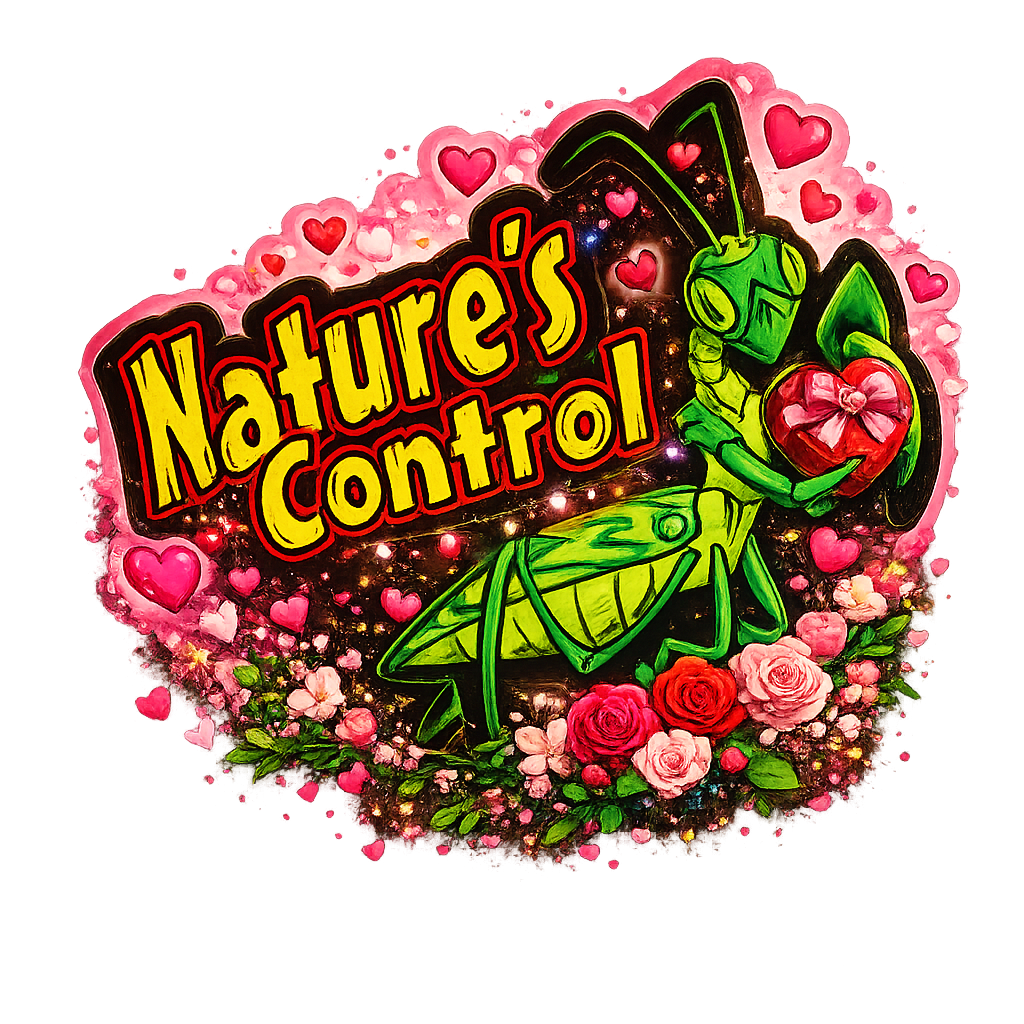Pest: Scales

Scale Insects: A Threat to Your Crops and the Effective Biological Controls
Scale insects are a group of small, sap-sucking pests that pose a significant threat to various crops, causing extensive damage and losses for gardeners and farmers. These insects are named for their protective waxy scales that cover their bodies, making them challenging to control using conventional insecticides. However, nature provides some effective allies in the form of biological controls that can combat scale insect infestations without harming the environment or beneficial insects. In this article, we will explore scale insects, the crops they affect, their lifecycle, and two powerful biological controls: Mealybug Destroyers and Pirate Bugs.
Crops Affected by Scale Insects
Scale insects are notorious for targeting a wide range of crops, including fruits, vegetables, ornamental plants, and even trees. Among the most affected crops are citrus fruits, grapes, cotton, coffee, cacao, and various greenhouse plants. The scale insects' feeding habits involve inserting their specialized mouthparts into plant tissues and extracting sap, leading to weakened plants, stunted growth, and a reduction in overall crop yield.
Scale Insect Lifecycle
The lifecycle of scale insects typically consists of four stages: egg, nymph, pupa, and adult. The female scale lays eggs under her protective scale, and the eggs hatch into nymphs that crawl around until finding a suitable feeding site. Once settled, the nymphs insert their mouthparts into the plant and secrete a protective waxy covering, which eventually hardens into the scale. Under this scale, they continue to feed and grow, eventually reaching adulthood. Adult male scales are small, winged insects, while adult female scales lose their legs and remain immobile under their protective scale, reproducing through parthenogenesis.
Most Effective Scales Control: Mealybug Destroyers (Cryptolaemus montrouzieri)
Mealybug Destroyers, scientifically known as Cryptolaemus montrouzieri, are tiny black Ladybugs originating from Australia. They are one of the oldest and most successful biological controls against scale insects. These voracious predators have a strong appetite for mealybugs, making them invaluable allies in the fight against scale infestations.
Application: Mealybug Destroyers are supplied in containers, and their release is as simple as shaking them directly onto the infested plants. The recommended rate is 2-5 Mealybug Destroyers per infested plant. Despite their small size, these beneficial insects have remarkable appetites and can effectively manage the scale insect population with just a few individuals.
Another Scale Insect Control: Pirate Bugs (Orius insidiosis)
Pirate Bugs, scientifically known as Orius insidiosis, are a biological control that not only preys on mealybugs but also targets other pests like spider mites and aphids. Like the Mealybug Destroyers, they serve as an effective and natural means of controlling scale insect populations.
Application: Pirate Bugs can be acquired as nymphs near hatching or as adults ready for release. The application rate varies depending on the level of infestation, with a range of 100-2000 individuals per acre. These predators have a broad diet, allowing them to tackle multiple pest species simultaneously, making them a valuable asset in integrated pest management strategies.
Pirate Bugs (Orius insidiosis)
Minute Pirate Bugs (Orius insidiosis): Mainly for use against Thrips, Aphids&nb..
Mealybug Predators (Cryptolaemus montrouzieri)
Most Effective Mealybug Control: Mealybug Predators Mealybug Destroyers Devour..
Mealybug Predators (Cryptolaemus montrouzieri) Units of 250
Most Effective Mealybug Control: Mealybug Predators Mealybug Destroyers Devour..
Showing 1 to 3 of 3 (1 Pages)


